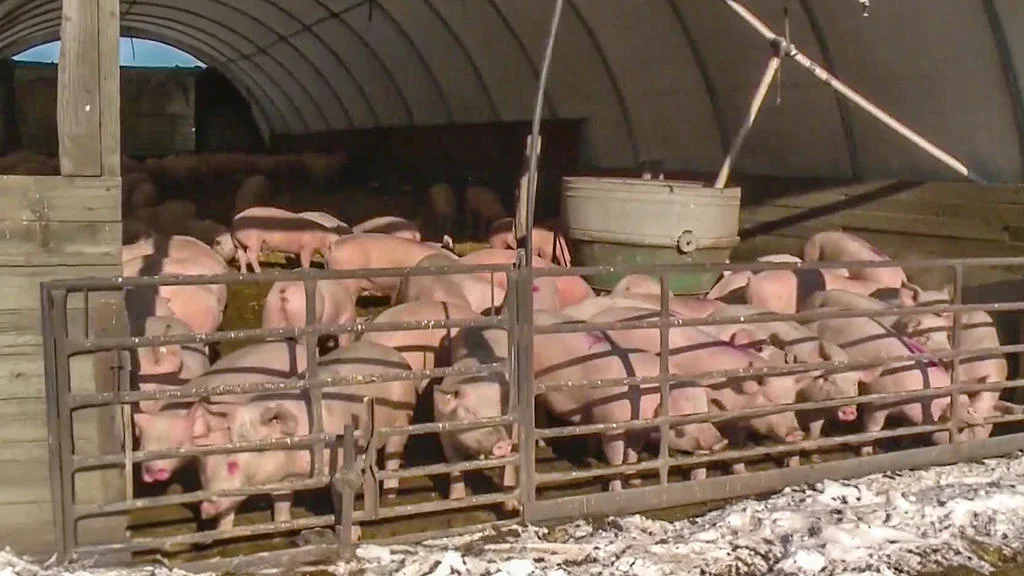SACRAMENTO, California — In a bold move that could devastate both consumers and farm animals, the Trump administration has filed a lawsuit against California, claiming the state"s egg production laws are responsible for skyrocketing prices. This lawsuit isn"t just about eggs; it"s a direct attack on animal welfare that could hurt low-income families the most.
California"s Laws Under Fire
The administration"s lawsuit targets three critical California laws: AB 1437, Proposition 2, and Proposition 12. These regulations, designed to ensure humane treatment of egg-laying hens, have been credited with raising animal welfare standards significantly. In 2008, California voters passed Proposition 2, mandating larger enclosures for farm animals. In 2018, Proposition 12 further strengthened these protections by establishing minimum space requirements for chickens. According to USDA data, the benchmark for large shell eggs in California has already risen to $3.75 per dozen, reflecting a significant increase in consumer costs.
Political Theater or Economic Reality
The lawsuit comes amid a backdrop of heightened political tension surrounding inflation, particularly during the 2024 elections. President Trump has repeatedly accused the Biden administration of failing to manage rising grocery prices, using egg costs as a prime example. The Trump administration argues that California"s regulations are raising prices for consumers, a claim that lacks nuance and ignores the broader market forces at play, such as the ongoing avian flu crisis that has decimated egg supplies. As reported by EggPrices.org, these supply shortages are a more immediate factor for rising costs.

State Capitol Building
Impact on Workers and Consumers
While the lawsuit positions itself as a consumer protection measure, it risks undermining the very workers it claims to defend. California"s regulations were designed not only for animal welfare but also to enhance the working conditions within the agriculture sector. By dismantling these standards, the Trump administration could pave the way for exploitative practices that disregard both worker rights and animal welfare. As highlighted in a report by Purdue University, increased regulation can lead to better productivity and worker safety, which the administration"s actions threaten to reverse.
Response from Lawmakers
California Governor Gavin Newsom and Attorney General Rob Bonta are named in the lawsuit, and they are not taking the allegations lightly. Newsom"s office has publicly mocked the lawsuit, stating that it’s just another instance of Trump blaming California for national issues. However, this isn"t just political banter; it"s a serious challenge to state sovereignty and the ability to set standards that reflect the values of its citizens. The governor"s office has emphasized that regulation of egg production is not only a state issue but also a moral one that reflects California"s commitment to animal welfare.

Pork producers lobby for new farm bill to overturn California"s Prop 12
The Broader Implications of the Lawsuit
The implications of this lawsuit go beyond just egg prices or animal welfare. It speaks to a larger struggle between federal overreach and state rights, especially in the realm of social justice and economic policy. If the administration succeeds in nullifying these laws, it could set a dangerous precedent for other states looking to implement similar regulations. This lawsuit is not merely a legal battle; it is a cultural clash over the future of food production and animal rights in America.







![[Video] Gunfire between Iraqi security forces and Sadr militias in Baghdad](/_next/image?url=%2Fapi%2Fimage%2Fthumbnails%2Fthumbnail-1768343508874-4redb-thumbnail.jpg&w=3840&q=75)
